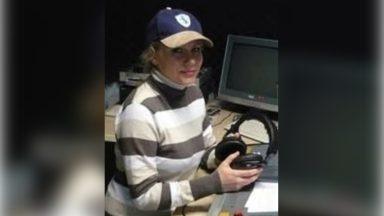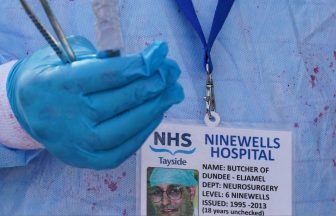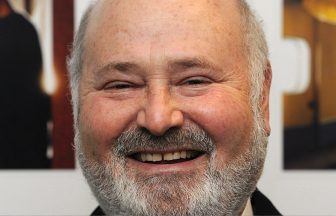A nurse who stole thousands of pounds from a vulnerable resident at a care home has been banned from working in the industry.
Gareth Craig was caught after the patient – who had a learning disability – noticed money was missing from his bank account.
Investigating officers discovered more than £7000 had been withdrawn in the space of a month – of which £6430 had been paid directly into Craig’s own bank account.
The Nursing and Midwifery Council (NMC) branded his actions a “significant breach of trust” and claimed Craig had provided no evidence of remorse and failed to demonstrate any insight into his offence or the impact his behaviour would have had on the victim.
Craig was charged over the theft, which took place while he was working at Thistle Care Home in Dundee in 2016.
The resident managed his own finances, but due to his disability he was unable to use an ATM or pay for shopping.
As a result, his bank card and wallet were kept in a safe at the home and were only to be removed when he required them.
After pleading guilty at Dundee Sheriff Court last year, Craig was sentenced to a Community Payback Order with 200 hours of unpaid work. He was also ordered to pay £1030 compensation to his victim.
At a NMC fitness to practise hearing earlier this month, the committee stated a striking off order was the “only sanction which would be sufficient to protect patients and members of the public and to maintain professional standards”.
The committee ruled: “As well as Mr Craig’s actions putting [the patient] at risk of harm, they caused actual harm as they involved the financial abuse of a vulnerable adult.
“The panel also considered that Mr Craig’s behaviour would impact on the trust that [the patient] would place in nurses caring for him.”
The committee stated that Craig’s actions brought the “nursing profession into disrepute” and “breached fundamental tenets of the profession”.
The panel concluded: “In light of the lack of evidence of remorse, insight and remediation, the panel considered that a risk of repetition remains.
“It considered that Mr Craig did remain liable to act in a way which could put patients at risk of harm, bring the profession into disrepute, breach fundamental tenets of the profession and act dishonestly in the future.
“The panel therefore determined that a finding of impairment is necessary on the grounds of public protection.”
Follow STV News on WhatsApp
Scan the QR code on your mobile device for all the latest news from around the country


























